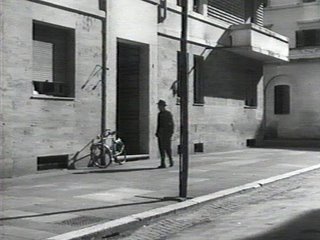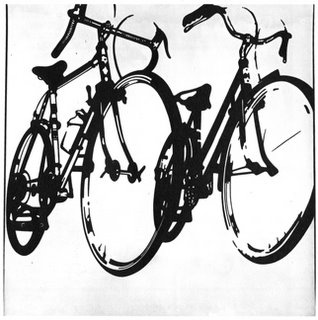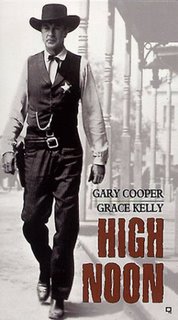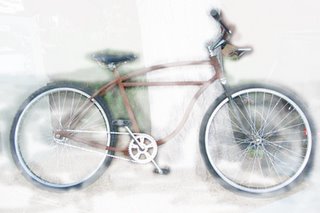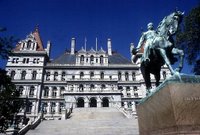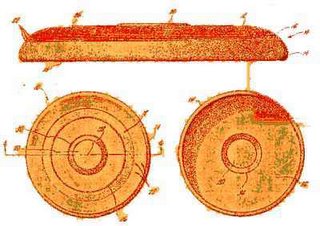The Jelly Donut of Nothingness
 Anyone over 30 knows that the human mind and soul carry around all the cravings you often don't even realize you still have (as any former smoker can tell you); those silent and unnourished (usually) embers remain with you always.
Anyone over 30 knows that the human mind and soul carry around all the cravings you often don't even realize you still have (as any former smoker can tell you); those silent and unnourished (usually) embers remain with you always.This happens in an especially big way when you leave your culture, with all its attendant ingrained traditional cravings, and go live for any major length of time in another culture, particularly one as radically different as Japan is.
There in that new culture, amidst a full spectrum of unrecognized indigenous cravings, you carry around your old cravings unawares, that eat away at your virtual vitals for decades, like termites at the finest woods, until one day as in my case some majestic tree topples in the jungle of your passions and lets in some light-- I know the metaphor has gone wild but that's the nature of craving-- and you realize for example, with startling intensity, that you haven't had a genuine jelly donut in 50 years...
By genuine jelly donut I don't mean the standard six-pack, machine-gunned jelly donuts you can probably still get in convenience stores in the US (in Japan, forget even that); I am referring, with head duly bowed, to the truly epiphanic jelly donut that Baker Bill used to fashion by hand in his ramshackle bakery in between his tipsy visits to the World's Fair bar and pizzeria across the street, and don't get me started on World's Fair pizzas, the way Eddie the pizza guy used to make them, back when I was a teenager... You see?
You see? Old cravings, popping up one by one wherever in the world I go, with the World's Fair pizzeria long gone and Baker Bill even longer gone, so even if I went back to my home town my cravings would be of no avail.
Fact is, cravings don't do much good, especially when satisfied, which is an excellent reason to leave them behind; but even so, I'd sure like to walk into Baker Bill's kitchen just one more time and fill up on jelly donuts, then wander across the street to the World's Fair, 25 cents for a slice a foot wide...






